Panchakarma Treatment
Panchakarma is a traditional Ayurvedic detoxification and rejuvenation treatment system that originated in India thousands of years ago. The word "Panchakarma" is derived from two Sanskrit words: "Pancha," meaning five, and "Karma," meaning actions or procedures. It involves a series of five therapeutic actions aimed at purifying and balancing the body, mind, and spirit.
The five primary procedures of Panchakarma are:
1. Vamana (Therapeutic Emesis): This is a controlled vomiting therapy used to eliminate excess Kapha dosha (one of the three vital energies or doshas in Ayurveda) from the upper respiratory tract and stomach. It is typically recommended for conditions like bronchial asthma, allergies, and congestion.
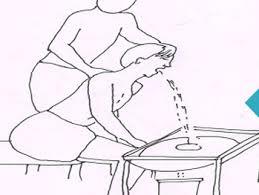
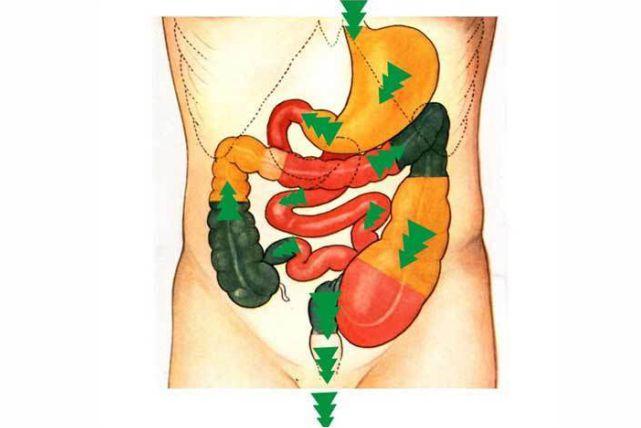
2. Virechana (Purgation Therapy): This procedure involves the administration of herbal laxatives to induce controlled bowel movements, expelling excess Pitta dosha. It helps in the treatment of conditions like jaundice, skin disorders, and digestive issues.
3. Basti (Enema Therapy): Basti involves the introduction of herbal oils or decoctions into the rectum to eliminate accumulated Vata dosha and toxins from the colon. This procedure is beneficial for conditions such as constipation, lower back pain, and nervous system disorders.
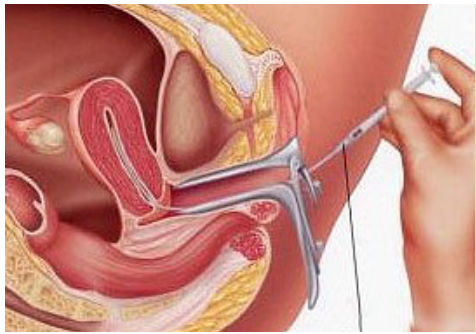
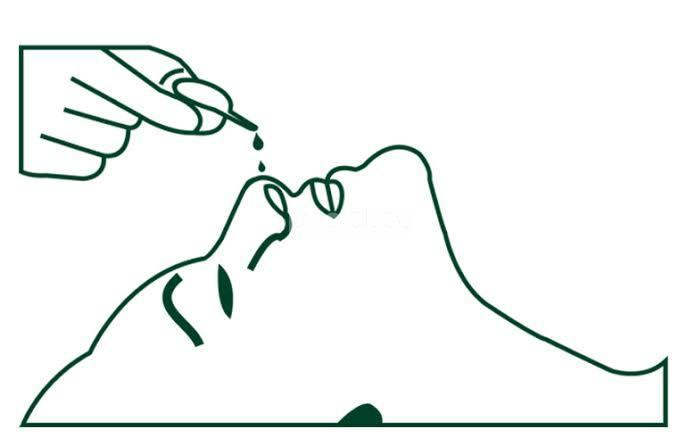
4. Nasya (Nasal Administration): Nasya involves administering herbal oils, powders, or medicated fluids through the nasal passages. It is effective for clearing congestion, improving sinus conditions, and enhancing mental clarity.
5. Rakta Mokshana (Bloodletting): This is a specialized and rarely used procedure to purify the blood. It involves controlled removal of a small amount of blood to treat conditions related to impure or contaminated blood.
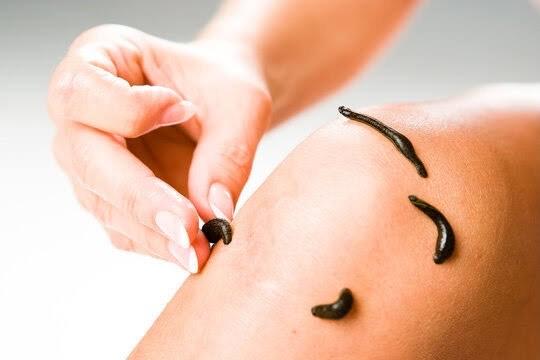
Panchakarma is not a one-size-fits-all treatment and should be tailored to an individual's specific needs and health conditions. It is generally considered a comprehensive and intensive approach to detoxification and rejuvenation, promoting overall health and well-being. The treatment is typically conducted under the guidance of trained Ayurvedic practitioners, as each step requires specific expertise and careful monitoring.